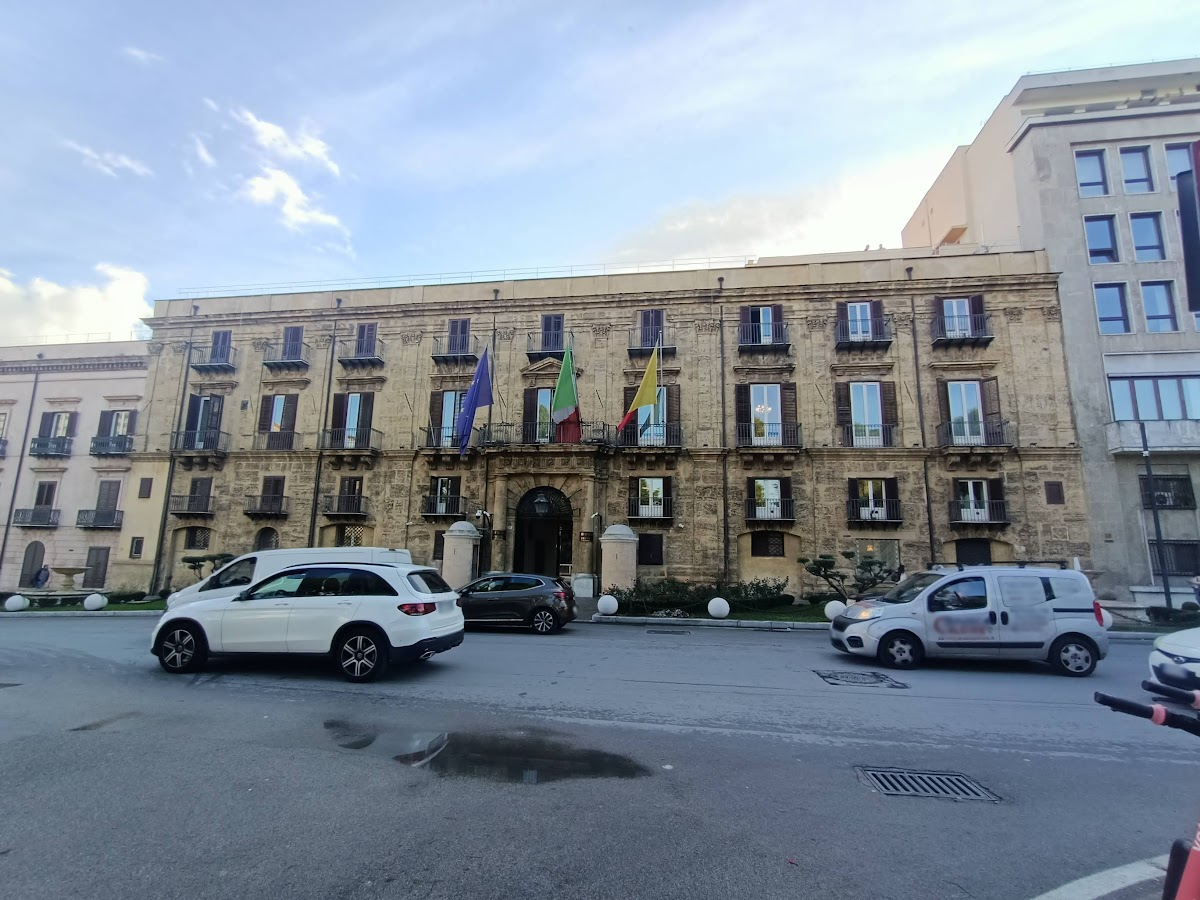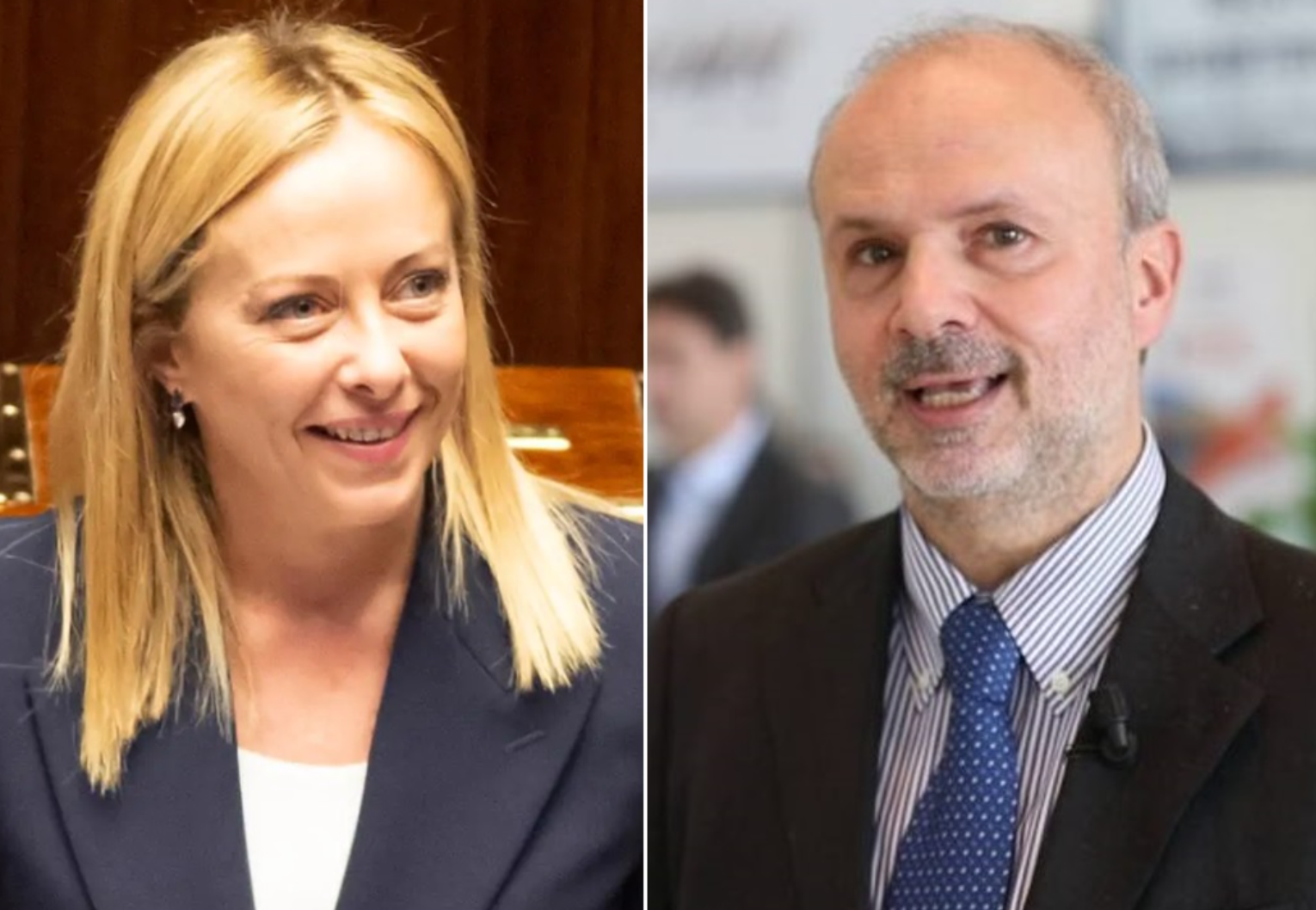Energia
La rielezione di Tusk? Questione di greggio
Dietro la bagarre della contestazione al polacco Tusk come presidente del Consiglio d’Europa ci sono proprio i polacchi con la loro premier Beata Szydlo che lo considerano troppo ” tedesco” per essere polacco. Non è una lotta intestina bensì riguarda un aspetto controverso della politica delle due velocità che mettemmo in evidenza su questo giornale tempo addietro: la politica energetica. Matteo Cazzulani, giovane e brillante analista della geo-politica dell’Est così sintetizza il patto di Visegrad , patto che riunisce Polonia, Repubblica Ceka, Slovacchia e Ungheria sotto le stesse insegne contro lo strapotere dei prezzi Putin. Questi paesi vogliono – con un corridoio di pipeline Nord-Sud, dal Mar Baltico all’Adriatico fino alla Croazia, invece del North Stream che ha una diversificazione orizzontale – estendere la diversificazione delle forniture energetiche, utilizzando il Brent norvegese e riducendo l’oil deficit che deriva dai prezzi di Mosca.
Cazzulani lo esprime benissimo:
“Politically equal, financially composite, energetically united and globally assertive. This is the European Union according to the proposals of the Vysegrád Four Group, an association of EU member states of Central Eastern Europe, also known as V4, composed by Poland, Hungary, Czech Republic and Slovakia. According to the document, the Joint Statement of the Heads of Governments of the V4 Countries “Strong Europe – Union of Action and Trust”, the four member states of the European Union have agreed to present on the occasion of the Anniversary of the signature of the Treaty of Rome, the European Energy Union is considered one of the priorities the President of the European Commission Jean Claude Juncker should realize to strengthen the European Project and relaunch it after Brexit. The Energy Union is a project conceived by the President of the European Council Donald Tusk along with French President François Hollande, aimed at creating a common EU market of energy and diversifying the supplies of energy fuels, making the European Union less dependent on either the Russian gas and the Saudi oil in so doing. “Europe should confront Russia’s monopolistic position with a single European body charged with buying its gas,” stated Mr. Tusk almost three years ago.”
Ma l’Europa storica vuole invece sviluppare il North Stream II che ha una diversa distribuzione rispetto al corridoio Nord-Sud ovvero Polonia –Croazia ovvero ancora dal Mar Baltico all’Adriatico, inviso a chi?
Continua Cazzulani: “The North-South Corridor, a pipeline aimed at connecting the terminal of Świnoujście with the terminal of Krk, Croatia, and granted the status of the Project of Common Interest by the European Commission In October 2013, is one more infrastructure, tied to the Energy Union, conceived to increase the diversification of gas supplies for the European energy market. However, further steps to strengthen the European Energy Union are systematically opposed by a group of member states, such as Germany, Italy, Slovenia, Greece, Bulgaria and Cyprus -and also Albania, a candidate-state for EU membership….”
Ecco da dove nasce l’Europa a due velocità:
“Another Europe, less German and Franco-centric, is possible”
Even though the countries of Central Eastern Europe are considered the “black sheep” of the European Union due to their opposition to the migration policy of German Chancellor Angela Merkel -who urged Central Eastern Europe to welcome refugees from the Middle East that she welcomed to Germany- the document that the V4 Group will be presenting is strongly based on a pro-European vision that, however, differs from the “federal” approach that Germany, France, Italy, Belgium, the Netherlands and Luxembourg do support. The V4 Group insists on “protecting our people’s lives” through “the cooperation in internal security” and “the external dimension of migration policy”.
( M. Cazzulani http://geostrategy.org.ua/en/komentari-ta-ocinki/item/1198-energetichniy-soyuz-i-rivnopravnist-tsentralno-shidna-evropa-zaklikae-yunkera-do-rozbudovi-kraschogo-evropeyskogo-soyuzu)”.
C’è anche un cambio di passo della politica italiana in tema energetico. Il Governo Gentiloni sembra più vicino all’asse Franco-Belga-Tedesco ed allineato su una linea di accettazione del sostanziale monopolio russo. Dunque i condizionamenti dell’asse franco-tedesco non riguardano solo l’euro, per evitare altre Brexit, ma, spostandosi sull’approvvigionamento energetico, creano una dimensione finanziaria specifica di cui non si può non tenere conto.
La dimensione energetica condizionerà dunque non solo l’incontro-anniversario di Roma del 25 marzo ma i futuri assetti ed avrà ripercussioni anche nelle elezioni tedesche e francesi. Chi vuole riportare l’Europa in un piano di equità e parità tra Nazioni sa chi scegliere.
Biblio
M. Cazzulani Energy Union and Equality: Central Eastern Europe urges Juncker to build a better European Union. Strategy XXI, 03.07.2017
http://geostrategy.org.ua/en/komentari-ta-ocinki/item/1198-energetichniy-soyuz-i-rivnopravnist-tsentralno-shidna-evropa-zaklikae-yunkera-do-rozbudovi-kraschogo-evropeyskogo-soyuzu,
http://www.economist.com/blogs/easternapproaches/2014/04/donald-tusks-energy-union ( in M. Cazzulani)
A.Ferrara Merkel: il cambio dell’Europa o cambio l’Europa.02.06.2017





Devi fare login per commentare
Accedi